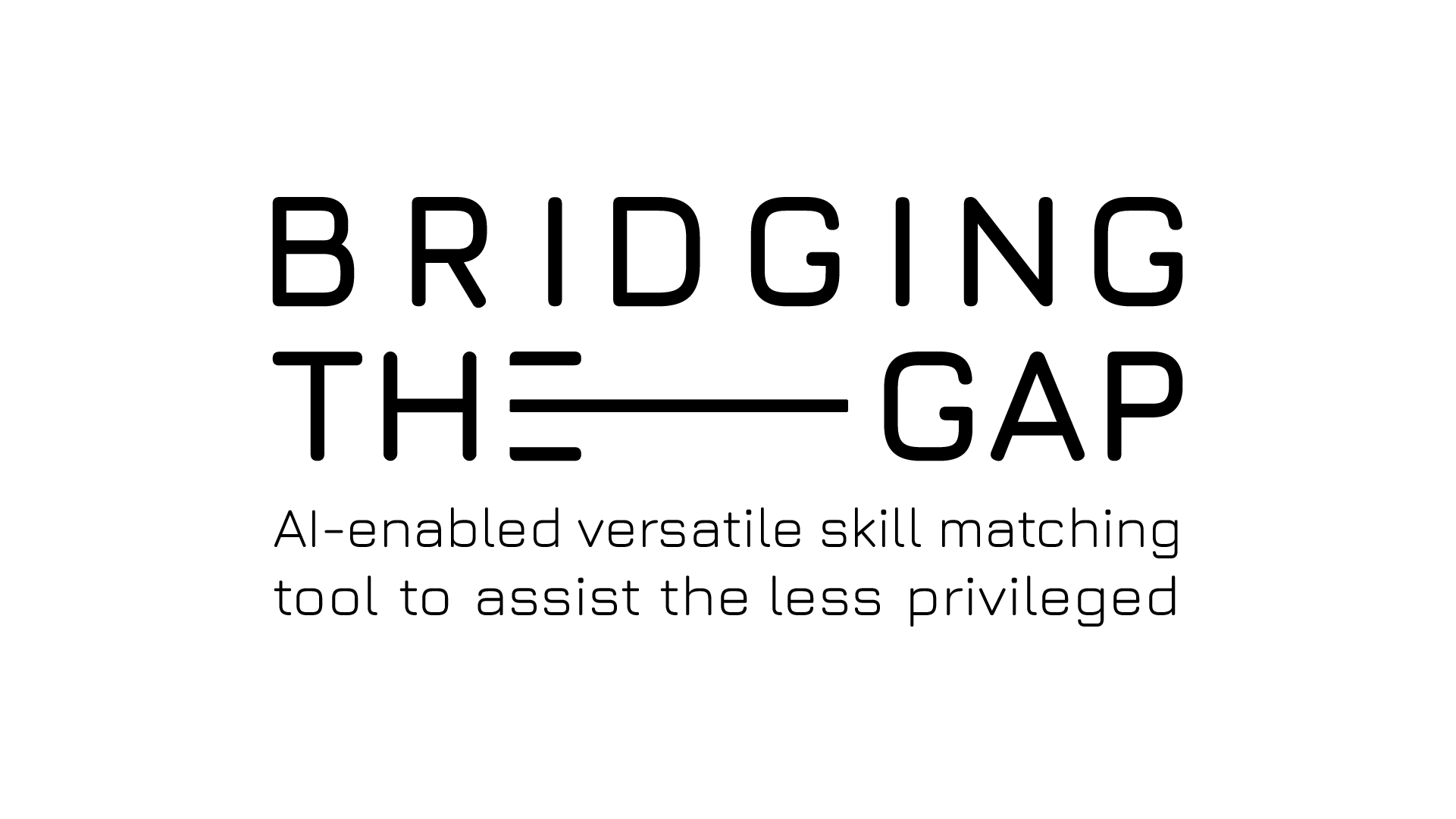The job market is continuously evolving. The specific occupations, skills, competences and qualifications that people need change over time, as does their description. To deal with this, effective and intelligent communication and information exchange between the job market and the education and training sector is vital. On the other hand, and from the perspective of the individual (job seeker), especially the less privileged there is a need for approaches that combine practical tools with motivation and mentoring support since skill-matching it is not enough, skill-building is also needed. Currently, job matching is increasingly carried out on the web (e.g. LinkedIn, EURES), that could lead to even a tedious and error-prone approach. On the other hand, from the educational (or life-long learning) perspective, there is also a shift towards innovative approaches on learning technologies, advanced learning management systems (LMSs), Massive Online Open Courses (MOOCs), use of social media and advanced tools like Web conferencing for synchronous on-line meetings. However, most of these educational platforms, tools, social media, LMSs do not conform to a standard way of describing the skills cultivated within their courses. With such an ambition to focus on learning outcomes, as empowered by the European Commission agenda, is enhanced the competence-based matching. With constant changes in job and educational markets and MOOCs flourishing, the problem of formalising a dynamic and flexible lifelong learning process becomes apparent.
Towards dealing with the issue, such matching typically imposes the key challenge of having software systems talking to each other in a common language supported by semantics that understood from all sides. Our ambition is to focus on learning outcomes enhanced and annotated by semantics found in standard specifications to enhance competence-based matching. On one hand, the European Skills/Competences, Qualifications and Occupations multilingual (ESCO) classification, when combined with IMS educational standards, provide a promising approach towards the solution of bridging gaps amongst individuals, jobs and teachers. On the other hand, we pay attention to skill building, hence, the project includes a variety of artificial intelligence such as agent technology.
We decompose the problem in the areas of:
- searching for jobs and matching them with individual profiles (i.e. CVs),
- searching for educational resources and matching them with individual profiles or job descriptions, in a layered approach,
- skill building with the help of virtual assistants empowered by intelligent agents, used to the best of our knowledge first time under this domain, that will handle each participant as a unique case that should be supported and improved. This module will provide a personalised plan for skill-improvement, through open or low-cost educational activities, and job-finding, through providing motivation to employees and employers, even for the underprivileged young people in EU.
Focusing on dissemination, deliverables, results and effects of this proposal, we summarise our intentions to provide:
- Tools to individuals to annotate CVs, manage their learning paths and offer people the possibility of compiling CVs and vacancies using ESCO’s vocabulary in all ESCO languages, enabling them to exchange information across borders.
- Tools to HR departments, job recruitment experts and other relevant stakeholders in order to best describe job vacancies, showing transparently how skills and competencies developed in one occupation are applicable and transferable to another one, i.e. cross-sectoral skills and competences.
- Tools to educational and HR experts to better describe formal qualifications to describe using web 2.0 techniques (e.g. recommendation-rating-reputation-badge systems) the not so formally acquired skills of individuals.
- Tools for the automated analysis, interpretation and matching of semi-structured and unstructured data (CVs and vacancies) and thus supporting competency-based job matching on the grounds of an individual’s work experience and qualifications.
- Recommendation machines providing fully automatic composite web-services or semi-automatic visualised services to EU citizens while building an e-portfolio for their lifelong learning and working progress within EU.
- Tools for intelligent analysis, recommendations and forecasts for curricula and courses to cover skills shortages required by the job market.
- Agent-based intelligent module that will analyse and support each individual participant in skill-building by providing virtual mentoring and long-life training dynamic and flexible plans.

